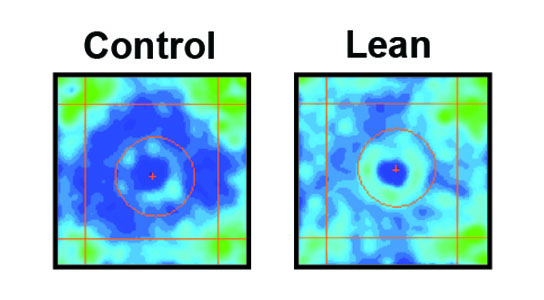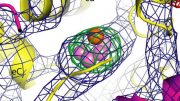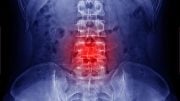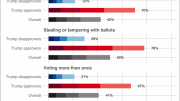
Researchers found neurons in the brain’s hunger control center linked not only to overeating but also to behaviors like novelty-seeking and drug addiction.
New research from Yale University provides a contrasting view to the contemporary belief that obesity is associated with the increased drive of the reward circuitry, finding that animals that have less interest in food are more interested in novelty-seeking behaviors and suggesting that there may be individuals with increased drive of the reward circuitry, but who are still lean.
Researchers at Yale School of Medicine have zeroed in on a set of neurons in the part of the brain that controls hunger, and found that these neurons are not only associated with overeating, but also linked to non-food associated behaviors, like novelty-seeking and drug addiction.
Published in the June 24 online issue of the journal Nature Neuroscience, the study was led by Marcelo O. Dietrich, postdoctoral associate, and Tamas L. Horvath, the Jean and David W. Wallace Professor of Biomedical Research and chair of comparative medicine at Yale School of Medicine.
In attempts to develop treatments for metabolic disorders such as obesity and diabetes, researchers have paid increasing attention to the brain’s reward circuits located in the midbrain, with the notion that in these patients, food may become a type of “drug of abuse” similar to cocaine. Dietrich notes, however, that this study flips the common wisdom on its head.

A lean animal and a control were both exposed to a novelty item (center). The lean animal spent more time exploring the novelty, as shown by the higher concentration of yellow in the slide.
“Using genetic approaches, we found that increased appetite for food can actually be associated with decreased interest in novelty as well as in cocaine, and on the other hand, less interest in food can predict increased interest in cocaine,” said Dietrich.
Horvath and his team studied two sets of transgenic mice. In one set, they knocked out a signaling molecule that controls hunger-promoting neurons in the hypothalamus. In the other set, they interfered with the same neurons by eliminating them selectively during development using diphtheria toxin. The mice were given various non-invasive tests that measured how they responded to novelty, and anxiety, and how they reacted to cocaine.
“We found that animals that have less interest in food are more interested in novelty-seeking behaviors and drugs like cocaine,” said Horvath. “This suggests that there may be individuals with increased drive of the reward circuitry, but who are still lean. This is a complex trait that arises from the activity of the basic feeding circuits during development, which then impacts the adult response to drugs and novelty in the environment.”
Horvath and his team argue that the hypothalamus, which controls vital functions such as body temperature, hunger, thirst fatigue and sleep, is key to the development of higher brain functions. “These hunger-promoting neurons are critically important during development to establish the set point of higher brain functions, and their impaired function may be the underlying cause for altered motivated and cognitive behaviors,” he said.
“There is this contemporary view that obesity is associated with the increased drive of the reward circuitry,” Horvath added. “But here, we provide a contrasting view: that the reward aspect can be very high, but subjects can still be very lean. At the same time, it indicates that a set of people who have no interest in food, might be more prone to drug addiction.”
Reference: “AgRP neurons regulate development of dopamine neuronal plasticity and nonfood-associated behaviors” by Marcelo O Dietrich, Jeremy Bober, Jozélia G Ferreira, Luis A Tellez, Yann S Mineur, Diogo O Souza, Xiao-Bing Gao, Marina R Picciotto, Ivan Araújo, Zhong-Wu Liu and Tamas L Horvath, 24 June 2012, Nature Neuroscience.
DOI: 10.1038/nn.3147
Other authors on the study included Jeremy Bober, Jozelia G. Ferreira, Luis A. Tellez, Yann Mineur, Diogo o. Souza, Xiao-Bing Gao, Marina Picciotto, Ivan Araujo, and Zhong-Wu Liu.
The study was supported by The National Institutes of Health Director’s Pioneer Award to Horvath; and in part by the National Institute on Deafness and Other Communication Disorders.








Be the first to comment on "New Research on the Relationship of Obesity and Increased Drive of the Reward Circuitry"